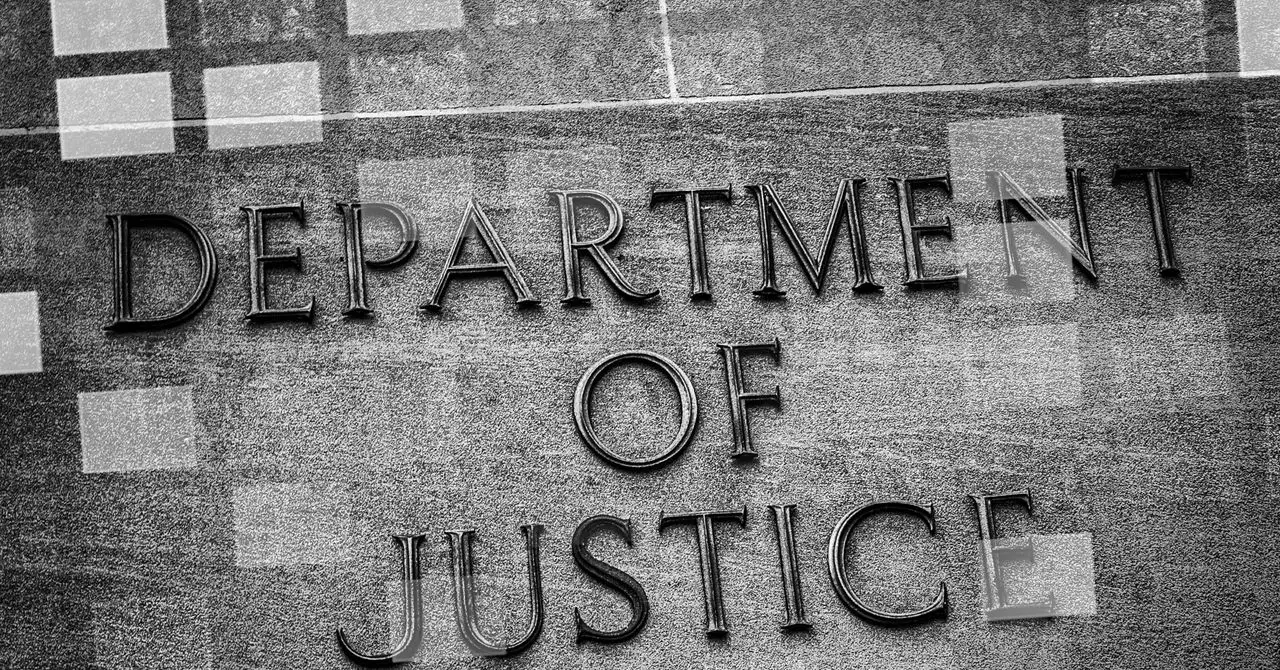The upcoming trial of Alex Storm, a developer associated with Tornado Cash, signifies more than just a single criminal case—it’s a defining moment for the future of decentralized finance (DeFi) and digital privacy. At its core, the legal arguments hinge on complex issues of intent, responsibility, and the very nature of software development. Prosecutors contend that Storm actively facilitated illicit activity by knowingly creating tools that could launder stolen funds, framing him as a money transmitter subject to existing laws. Conversely, Storm’s defense asserts that his role was purely as a coder, disconnected from the illegal use of his software. This case spotlights a debate that could reshape the boundaries of innovation: should developers be held accountable for how users utilize their algorithms, or is their obligation limited to the act of publishing code?
Much of this legal battle revolves around whether Storm deliberately intended for Tornado Cash to be exploited for money laundering or whether he simply provided a privacy tool that could be misused. The government’s narrative emphasizes that Tornado Cash operated much like a business, capable of being regulated, with Storm understood as a facilitator akin to a money transmitter. The legal implication is significant—if proven, it would mean that software creators could be liable for the actions of their users, a precedent that threatens to stifle open-source innovation and the fundamental principles of free speech and privacy in the digital realm.
However, Storm’s supporters critique this view vehemently. They argue that anonymizing tools like Tornado Cash serve an essential role in protecting user privacy against oppressive regimes, corporate surveillance, and censorship. If the government’s interpretation of law becomes standard, it could set a chilling precedent where developers are penalized simply for enabling private transactions. This raises fundamental questions about the extent to which creators of open-source software can be held responsible for how their projects are exploited—beyond the intentional commission of crime, where does individual responsibility end?
The Legal and Ethical Implications: Will Innovation Survive This Test?
The criminal charges against Storm do not just threaten one individual; they threaten the ethos of a movement rooted in decentralization, privacy, and financial sovereignty. For crypto advocates, this case is less about one developer and more about whether a future of peer-to-peer finance can exist without fear of legal reprisal. If Storm’s actions are deemed criminal, it could effectively criminalize the core activities of the entire DeFi sector, which relies on the permissionless sharing of code.
Moreover, critics argue that equating software development with illegal money transmission oversimplifies the issue and ignores the groundbreaking potential of blockchain technology. Just as open-source communities have proliferated innovations across countless industries—from operating systems to communication platforms—cryptography tools like Tornado Cash serve a purpose far beyond illicit transactions. They are instruments of privacy, civil liberties, and user control in a digital age where surveillance is pervasive.
Interestingly, Storm’s defenders raise a compelling point: if merely writing code that can be used illicitly is illegal, then figures like Linus Torvalds, the creator of Linux, or companies like Meta, which host countless conversations and activities, should also face criminal liability. This line of reasoning underscores the delicate balance between regulation and innovation—highlighting how overreach risks undermining fundamental rights and driving creative development underground.
Implications Beyond the Courtroom: A Fight for the Future of Digital Rights
As the trial approaches, the broader implications extend into conceptual territories that challenge the legal system’s ability to keep pace with technological advancements. The potential for Storm’s conviction to set a legal precedent could have a chilling effect across the entire software development and crypto community. This is a battle over whether creators can continue to develop tools that promote privacy and autonomy without becoming subject to unlimited liability.
The legal arguments also raise questions about the role of intention. Should developers be held accountable only if they directly facilitate illegal activity, or does the mere possibility of misuse—regardless of intent—impose legal responsibility? Storm’s supporters believe that such interpretations threaten the very fabric of digital innovation. They warn of a future where corporations and individuals are loathed to share new ideas out of fear of criminal prosecution, ultimately stifling progress and suppressing the transformative potential of blockchain technology.
The judicial approach in Storm’s case may also serve as a bellwether for future cases. Many advocates favor a legislative and judicial framework that recognizes the unique nature of cryptography, privacy tools, and open-source software. They argue for a nuanced comprehension that distinguishes between developers aiding privacy rights and individuals purposefully enabling crime.
The case, therefore, transcends the courtroom and touches on the philosophical debate of whether laws are adaptable enough to encapsulate the digital age. If Storm is found guilty, the message sent to global developers and innovators could be a warning: the road to a decentralized, privacy-preserving future may become even more fraught with peril, as legal boundaries are redefined and, potentially, restrictive.
In this context, Storm’s unwavering stance of innocence becomes a symbol of resistance. His declaration that he regrets nothing exemplifies the fierce belief among many in the crypto community—that preserving the principles of freedom, privacy, and open innovation is worth risk and confrontation. Whether he will emerge victorious or not, his trial undeniably marks a critical crossroads that will influence the trajectory of digital rights and the evolution of decentralized finance for years to come.

